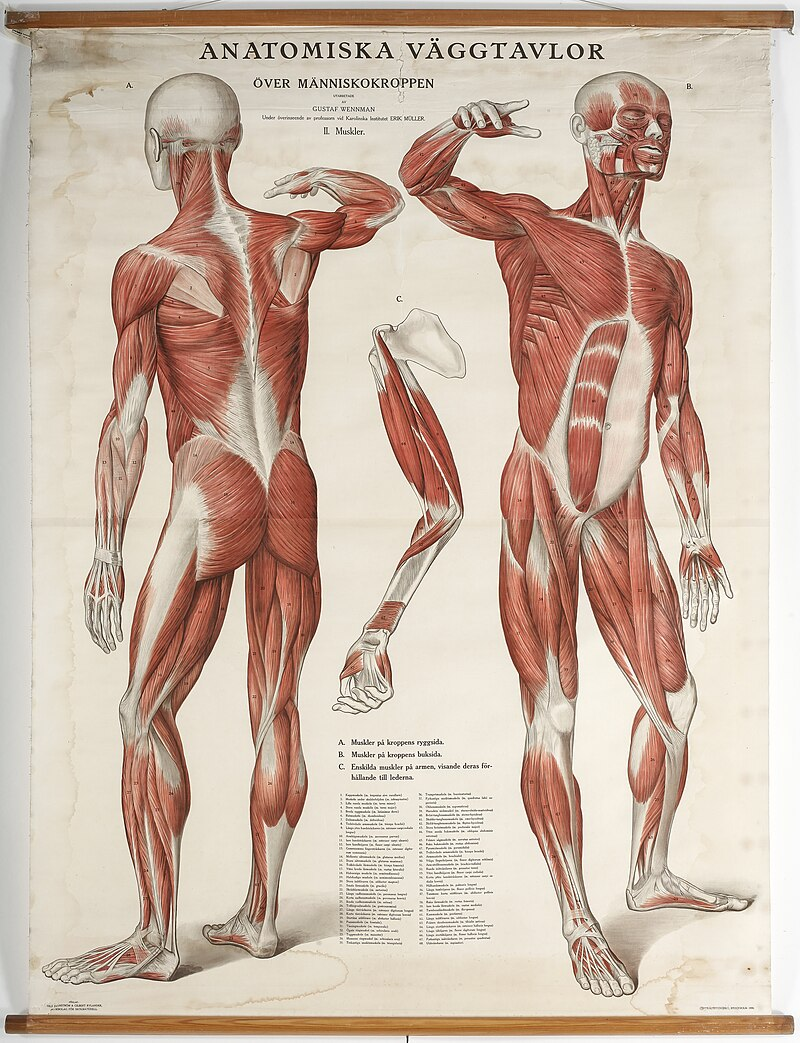
Motor system (musculoskeletal)
Antibodies can target inflammatory markers and autoantibodies in diseases such as rheumatoid arthritis or osteoporosis, allowing for early diagnosis and personalized therapies.
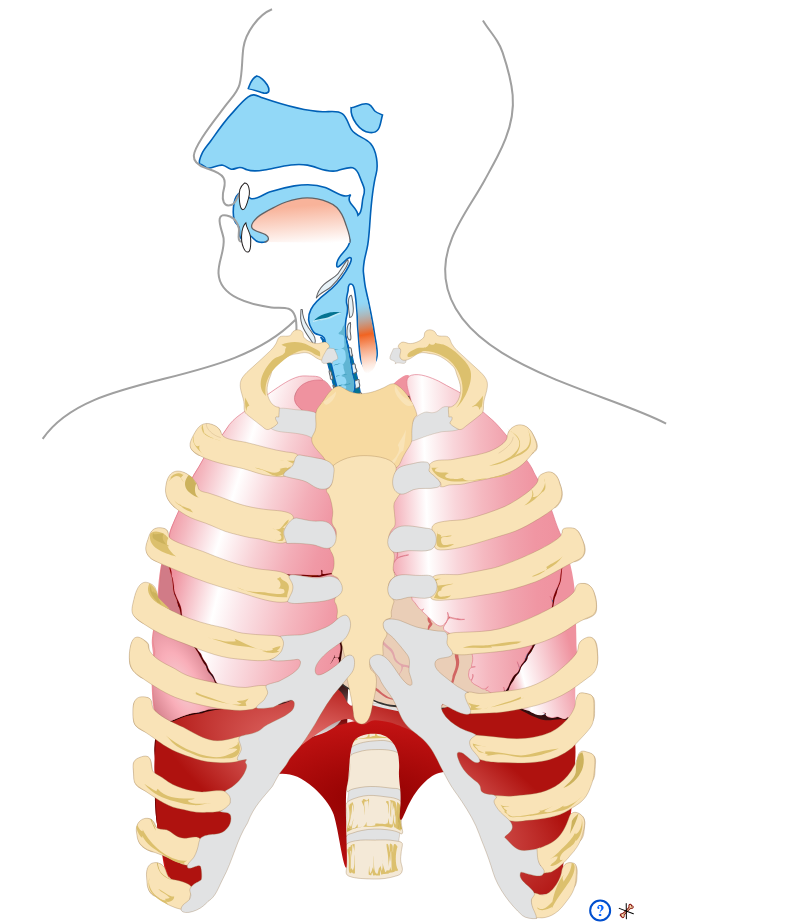
Respiratory system
Monoclonal antibodies are essential in the treatment of asthma, COPD and respiratory infections because they neutralize allergens or viral pathogens such as respiratory syncytial virus or influenza.
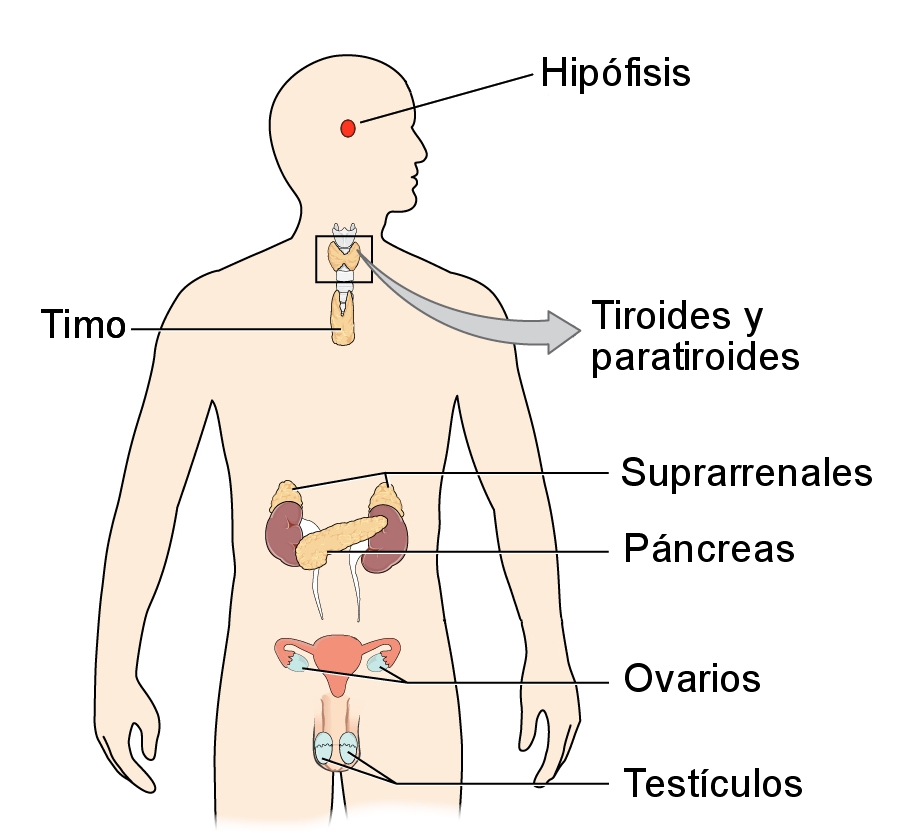
Endocrine system
Antibody-based tests help detect hormonal imbalances (e.g., insulin, thyroid hormones) and autoantibodies in type 1 diabetes or Graves' disease.
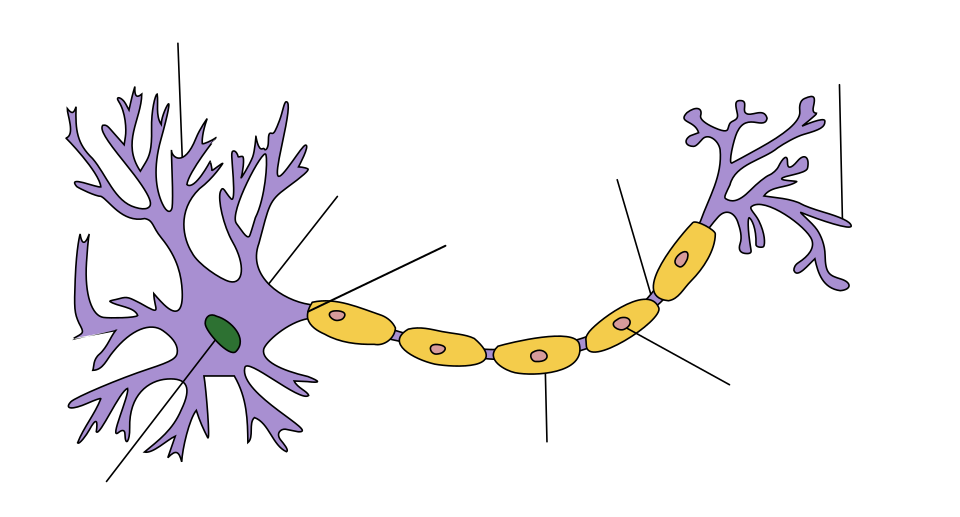
Nervous system
New antibodies are being used to identify neurodegenerative diseases (such as Alzheimer's through the beta-amyloid protein) and multiple sclerosis through autoimmune markers.
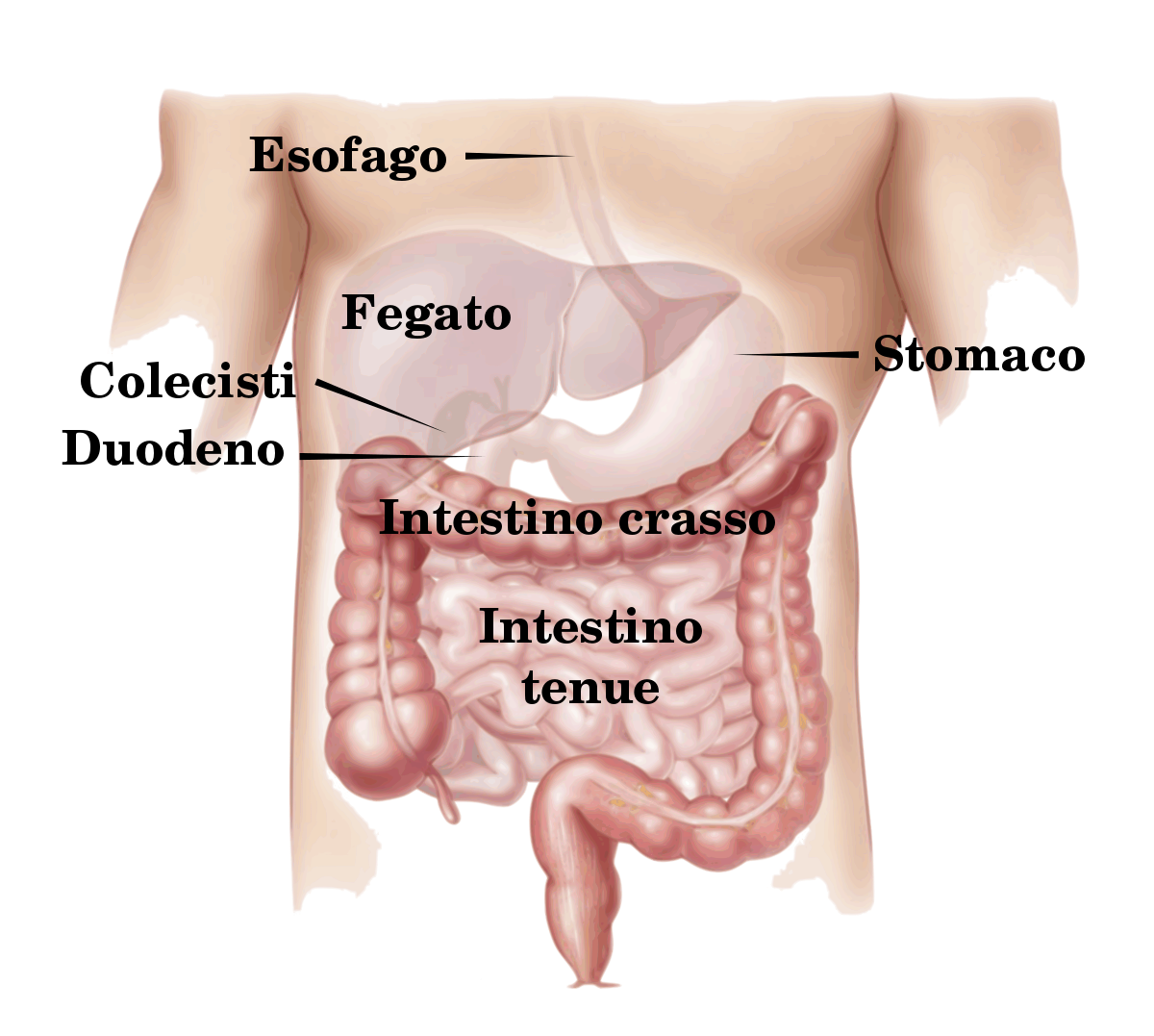
Digestive system
Antibodies help detect H. pylori, diagnose celiac disease, and monitor inflammatory bowel disease through biomarkers such as calprotectin.
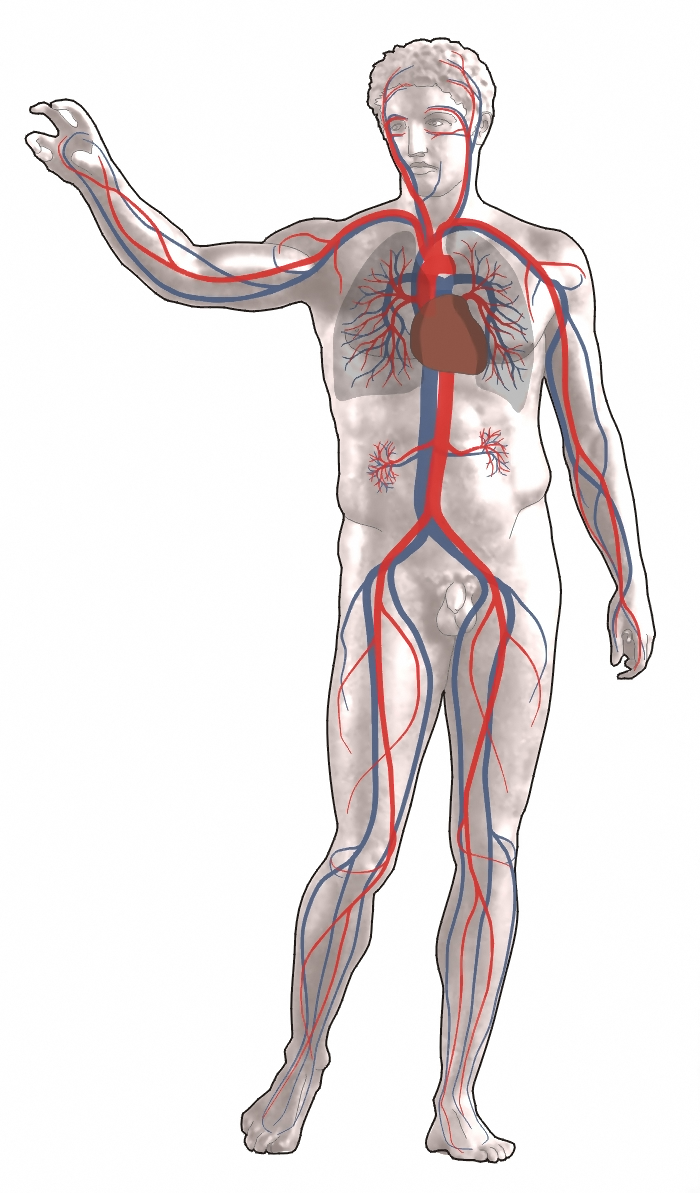
Circulatory system
Therapeutic antibodies are used against cholesterol targets (PCSK9 inhibitors) or to detect cardiac biomarkers in the diagnosis of heart attack.
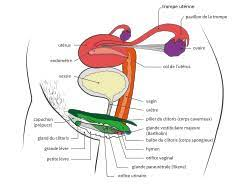
Reproductive system
They support fertility diagnosis, detect hormonal imbalances and help identify tumors such as ovarian or prostate cancer.
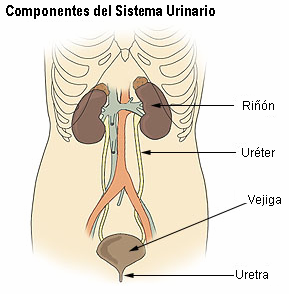
Urinary system
Antibodies are used to detect markers of kidney function, urinary tract infections, or autoimmune kidney disease.
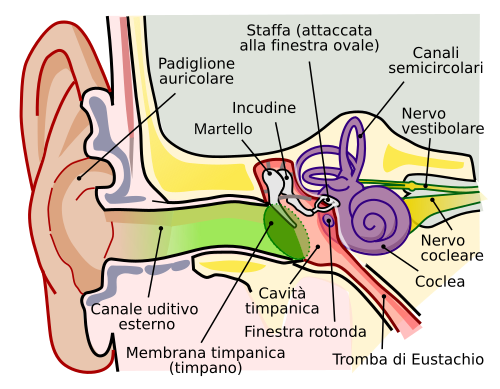
Sensory system
Research uses antibodies to study eye diseases (macular degeneration) or autoimmune diseases of the inner ear, with emerging therapeutic roles.